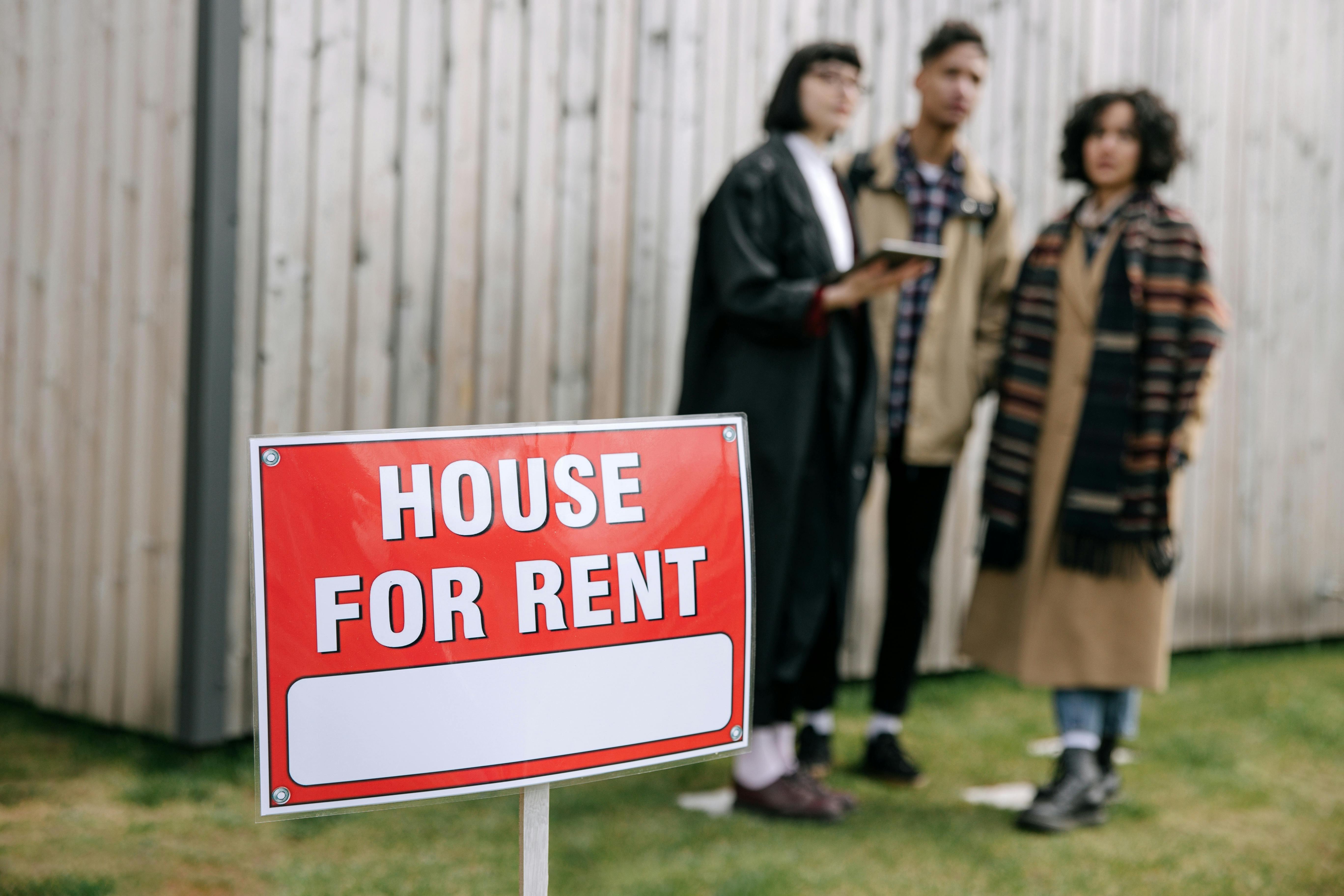Deciding what to do with a property can be a challenging choice for homeowners, especially if they are considering whether to sell or rent it out. Both options have distinct advantages and potential downsides, and the best decision depends on factors such as market conditions, financial goals, and personal circumstances.
In this guide, we’ll break down the key considerations to help homeowners make an informed choice between listing their property for sale or leasing it out.
Evaluating Market Conditions
Before making any decision, it’s crucial to analyze the real estate market in your area. Consider the following:
1. Home Prices vs. Rental Rates
- If home prices are rising quickly, selling may provide a higher return on investment.
- If rental rates are strong and demand is high, leasing could generate steady income.
2. Buyer vs. Renter Demand
- A seller’s market (low inventory, high competition) may be ideal for selling.
- A high demand for rentals, due to local job growth or affordability concerns, makes renting attractive.
3. Interest Rates & Mortgage Considerations
- Low interest rates increase buyer demand, making it a good time to sell.
- If mortgage rates are high, fewer buyers may be in the market, increasing rental demand.
Financial Considerations
1. Cash Flow Analysis
- Calculate your potential rental income versus the costs of ownership (mortgage, taxes, insurance, maintenance, and property management fees).
- A positive cash flow means renting could be a sustainable income stream.
2. Capital Gains & Tax Implications
- Selling may result in capital gains taxes if the home has appreciated significantly.
- Rental income is taxable, but expenses (repairs, depreciation, management fees) can be deducted.
3. Long-Term Investment Strategy
- If you’re looking for an appreciating asset, keeping the property as a rental can build wealth over time.
- If you need immediate funds for another investment, selling might be the best option.
Lifestyle & Personal Considerations
1. Your Plans & Future Housing Needs
- Do you plan to return to the home in the future? Renting allows flexibility.
- If you’re relocating permanently, selling may simplify your financial portfolio.
2. Time & Effort Commitment
- Managing a rental requires time, effort, and sometimes a property manager.
- Selling offers a clean break without ongoing responsibilities.
3. Risk Tolerance
- Are you comfortable with potential vacancies, maintenance issues, and tenant-related risks?
- Selling eliminates these concerns but means giving up potential future gains.
When to Sell
Selling may be the right choice if:
- The market strongly favors sellers, and you can get a great price.
- You need immediate liquidity for another investment.
- You want to avoid the hassles of property management.
- The property requires significant repairs that would be costly for a rental.
When to Rent
Renting could be the best option if:
- Rental demand is strong, ensuring steady occupancy and income.
- You want to build long-term wealth through real estate appreciation.
- Your mortgage is low or paid off, making rental profits higher.
- You might return to the property in the future.
Final Thoughts
Deciding whether to sell or rent out your home depends on multiple factors, including market trends, financial goals, and personal preferences. Carefully weigh the pros and cons, consult with a real estate professional, and evaluate your long-term vision to make the best decision.
If you’re unsure which path to take, reach out to a local real estate expert who can provide data-driven insights and guidance tailored to your specific situation.




